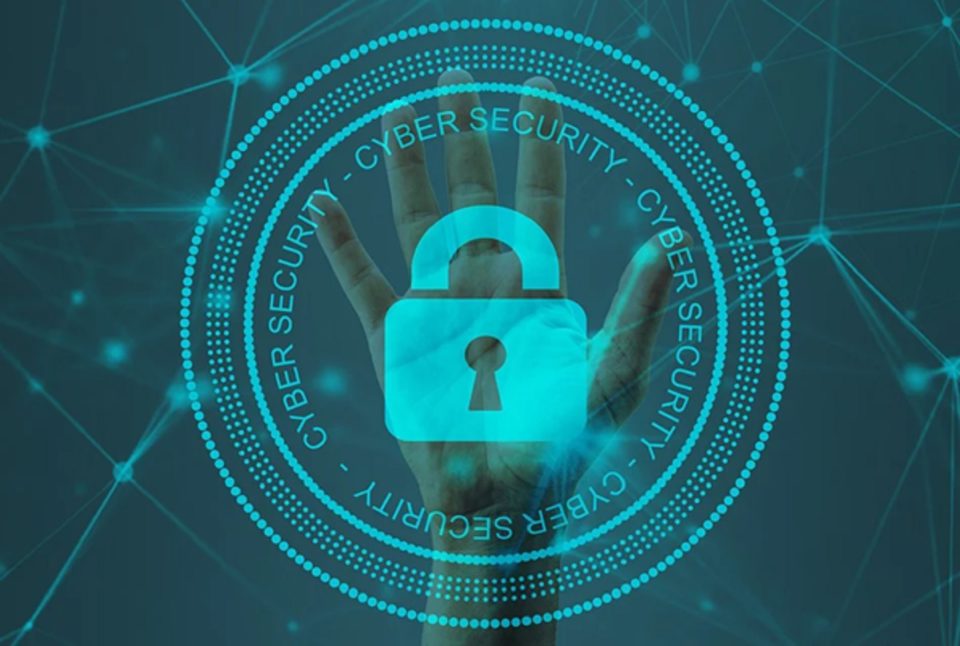Most of us consider ourselves digital natives at this point. But even experienced Internet users fail to consider just how vulnerable we actually are online. The Internet has become such an integrated part of our lives that we just go about it like everything else we do in our everyday lives. But we really should be more careful. No one is safe from cyber scams, and even people who are tech-savvy can get tricked.
There are several steps you can take to protect yourself online – and Mac users, beware: Contrary to popular belief, simply using a Mac computer won’t keep you safe. If you want to know how to stay safe in the online world (no matter your brand), read on for our best tips.
5 tips to Keep You Safe Online
1. Don’t Fall for Clickbait
First off: Don’t let clickbait get to you. We’ve all seen those emails, text messages and ads on Facebook, and it isn’t as easy to tell which are real and which are scams as we think. These phishing scams are meant to catch us off-guard, so if you see something that is out of the ordinary, take an extra look at it before clicking on anything. There are always little signs that something is off, exposing the scam. You just have to be alert enough to notice them.
2. Use a VPN
A more tangible way you can go about creating a safe space online is to protect your digital identity with a VPN – and using it when you are on Wi-Fi hotspots anywhere other than at home, where you don’t know the supplier. A VPN encrypts your internet traffic, meaning that no one – not even the owner of the Wi-Fi – can snoop your data. This is a great way to make sure that no one else sees what you’re doing and that no one is tracking your whereabouts online.
3. Install an Antivirus Software
Up the same alley as VPNs, you’ll also find antivirus softwares. They keep your computer safe from Trojan horses and similar malware that seems safe at first, but steal your private information unbeknownst to you. There are many different antivirus softwares out there. We would advise you to get one that keeps itself updated. This way, you can do the bare minimum while staying protected.
4. Using Passwords
We’ve all been told to choose a strong password and use different passwords for different pages a million times before. But unfortunately, this is as true as it is annoying to hear. Using strong passwords and not using the “Remember password” function can, in fact, keep you safe from imposters. Choosing to use a password when you don’t have to is also a great idea and an easy way to keep you just a bit more safe.
5. Use Two-Factor Authentication When Possible
Our last tip is to use the two-factor authentication function whenever it’s possible. It might seem like a pain, but it is a fairly easy way to make sure that even if someone learns your password, they don’t own your account, because it won’t be enough to get all the way in. Many of us already use two-factor authentication without thinking about it. When we add facial recognition or fingerprint to our apps, this is actually two-factor authentication – because it is personal to us and can be mimicked by no one.
